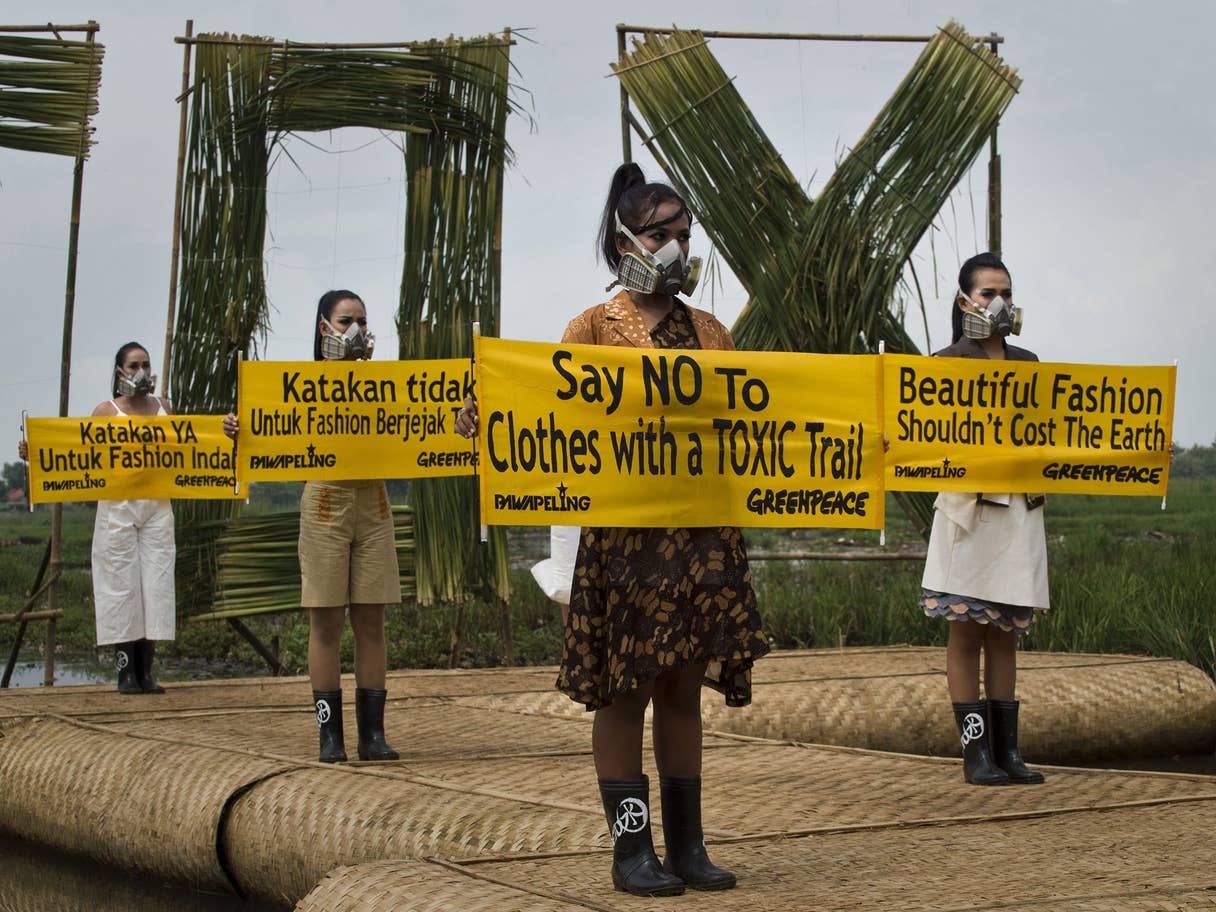
Introduction: The EcoChic Revolution in Fashion
In the dynamic realm of fashion, a paradigm shift is occurring with the rise of sustainable fashion brands. This article delves into the transformative world of EcoChic couture, exploring how these brands are reshaping the industry by prioritizing ethical practices, eco-friendly materials, and a commitment to environmental and social responsibility.
Defining Sustainable Fashion: Beyond Trends and Seasons
Sustainable fashion goes beyond fleeting trends and seasonal styles; it embodies a commitment to principles that prioritize environmental conservation and social responsibility. Sustainable fashion brands consciously create garments with a focus on minimizing their ecological footprint, fostering ethical production, and promoting fair labor practices throughout the supply chain.
Eco-Friendly Materials: Fashioning a Greener Future
A hallmark of sustainable fashion brands is their dedication to eco-friendly materials. From organic cotton and hemp to recycled polyester and innovative plant-based fabrics, these brands embrace materials that minimize environmental impact. This shift towards sustainable sourcing reduces the use of harmful chemicals and supports a circular fashion economy.
Ethical Production Practices: Crafting Garments with Care
Sustainable fashion brands prioritize ethical production practices, ensuring that each garment is crafted with care and respect for both people and the planet. This involves fair wages for workers, safe working conditions, and transparency in the production process. By fostering ethical practices, these brands contribute to a more equitable and humane fashion industry.
Slow Fashion Movement: Quality Over Quantity
A key aspect of sustainable fashion is the embrace of the slow fashion movement. In contrast to the fast fashion model that encourages rapid turnover of styles, sustainable fashion brands champion quality over quantity. This approach emphasizes timeless designs, durable craftsmanship, and a focus on creating garments that withstand the test of time, reducing the overall environmental impact of the fashion industry.
Circular Fashion Economy: Closing the Loop
Sustainable fashion brands actively participate in the circular fashion economy, aiming to close the loop of production and consumption. This involves designing products with recyclability in mind, encouraging customers to return old garments for recycling or upcycling, and minimizing waste throughout the product life cycle. The circular fashion model fosters a more sustainable and responsible approach to consumption.
Transparency and Accountability: Building Consumer Trust
Transparency is a cornerstone of sustainable fashion brands, as they strive to build trust with consumers by providing clear information about their supply chain, sourcing practices, and environmental impact. Accountability measures, such as third-party certifications, further authenticate a brand’s commitment to sustainability, empowering consumers to make informed and conscious choices.
Innovations in Sustainable Fashion: Technology and Creativity
Sustainable fashion is not just about adopting traditional eco-friendly practices; it also involves embracing technological innovations and creative solutions. From 3D printing to biofabrication and upcycling techniques, sustainable fashion brands leverage cutting-edge technologies to push the boundaries of what is possible while maintaining their commitment to environmental and ethical standards.
Fashion with Purpose: Social and Environmental Impact
Beyond creating stylish garments, sustainable fashion brands operate with a deeper purpose. They actively contribute to social and environmental causes, supporting community initiatives, promoting biodiversity conservation, and engaging in partnerships that align with their values. Fashion becomes a means of positive impact, fostering a sense of responsibility and connection with global issues.
Consumer Empowerment: Making Sustainable Choices
Ultimately, the power of sustainable fashion lies in consumer choices. By supporting sustainable fashion brands, consumers become agents of change in the industry. The act of making mindful and ethical purchasing decisions empowers individuals to contribute to a more sustainable and responsible fashion landscape.
Conclusion: Embracing a Fashion Revolution
In conclusion, the rise of sustainable fashion brands marks a transformative period in the industry. EcoChic couture is not just a trend; it represents a revolution in fashion where style meets responsibility. To explore and embrace this fashion revolution, discover the world of Sustainable Fashion Brands and redefine your wardrobe with a commitment to a more sustainable and stylish future.